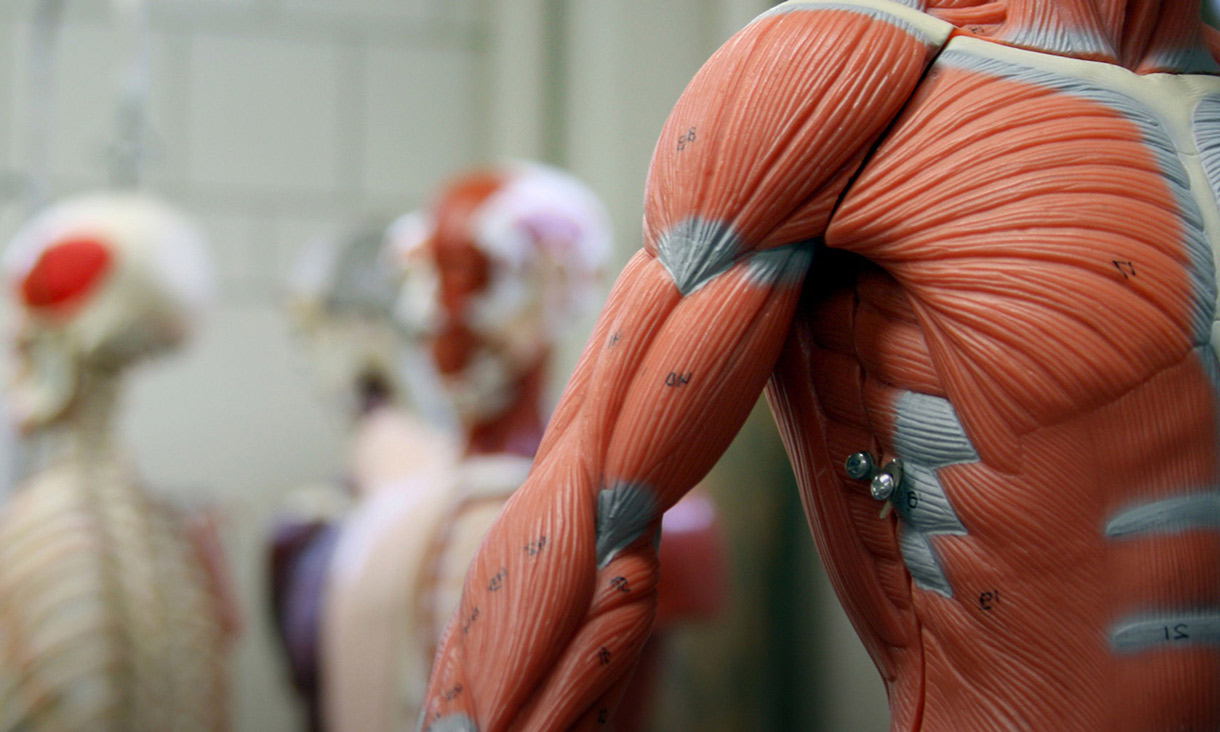As a graduate of the Master of Mental Health Nursing, you will acknowledge diversity in culture, values and belief systems, ensuring your practice is non-discriminatory and promotes dignity and self-determination. You will establish collaborative partnerships that empower people with mental health issues to participate in all aspects of their care, and develop relationships that respect individual choices, experiences and circumstances, building on strengths, holding hope and enhancing resilience to promote recovery.
In your professional practice, you will collaboratively plan and provide ethically based care that addresses the mental, physical, spiritual, emotional, social and cultural needs of the individual. You will value the contributions of other agencies and stakeholders in delivering holistic, evidence-based care, and actively pursue opportunities to reduce stigma and promote social inclusion and community participation for all people with mental health issues.
You will promote innovation through research, clinical supervision, and reflective, evidence-based practice. Your practice will align with common law requirements, relevant statues, and the nursing profession’s code of conduct and ethics. As a mental health nurse, you will integrate international, national, local and state policies and guidelines with professional standards and competencies. You will hold specialist qualifications, demonstrate advanced knowledge and skills, and model leadership within the practice setting.





